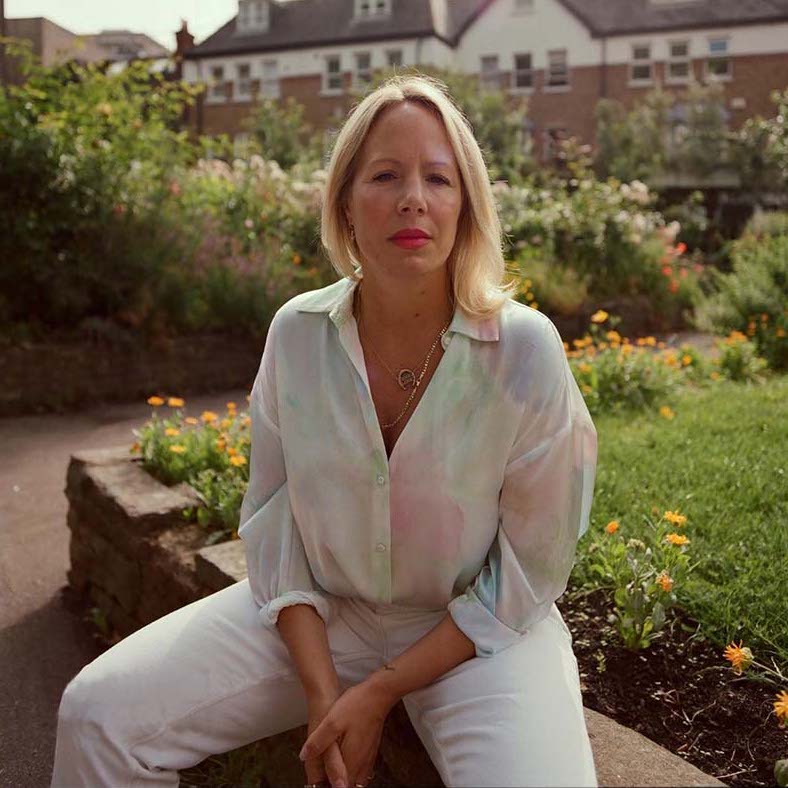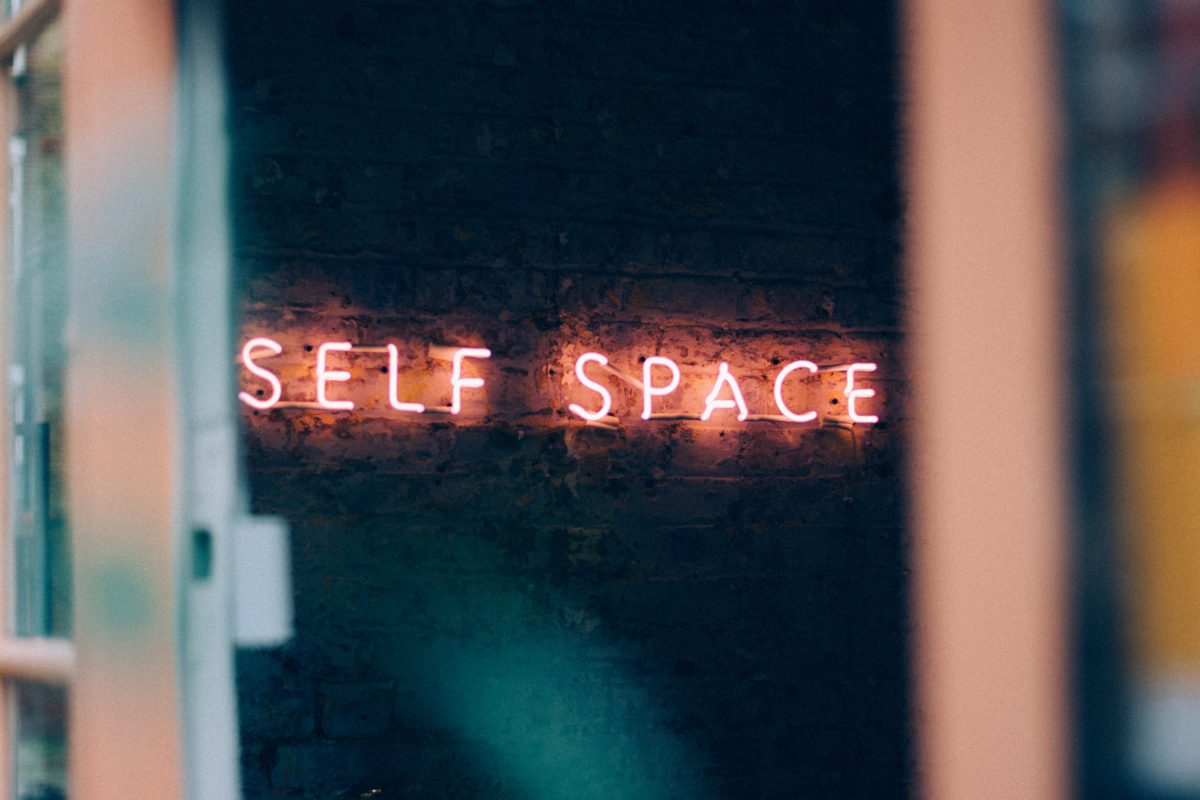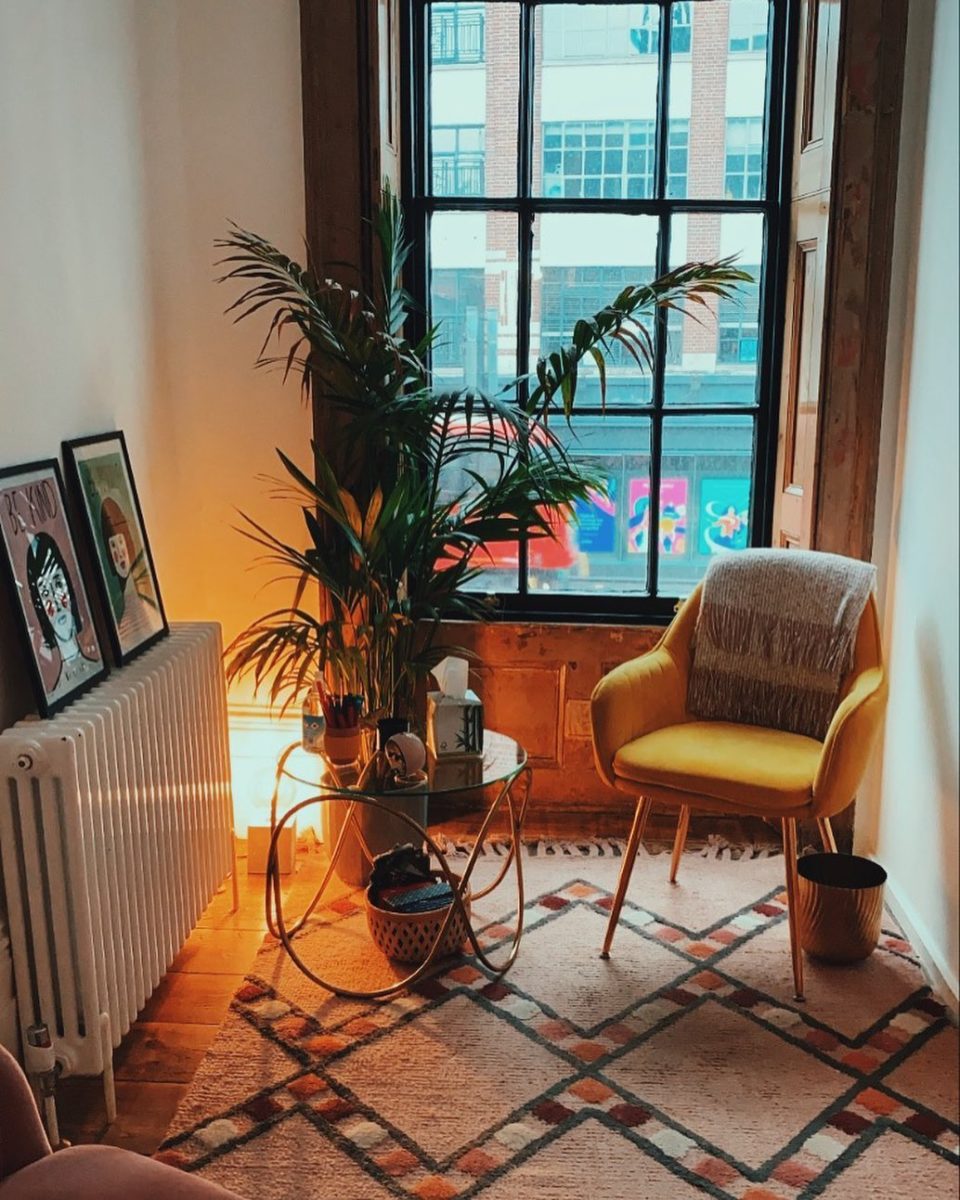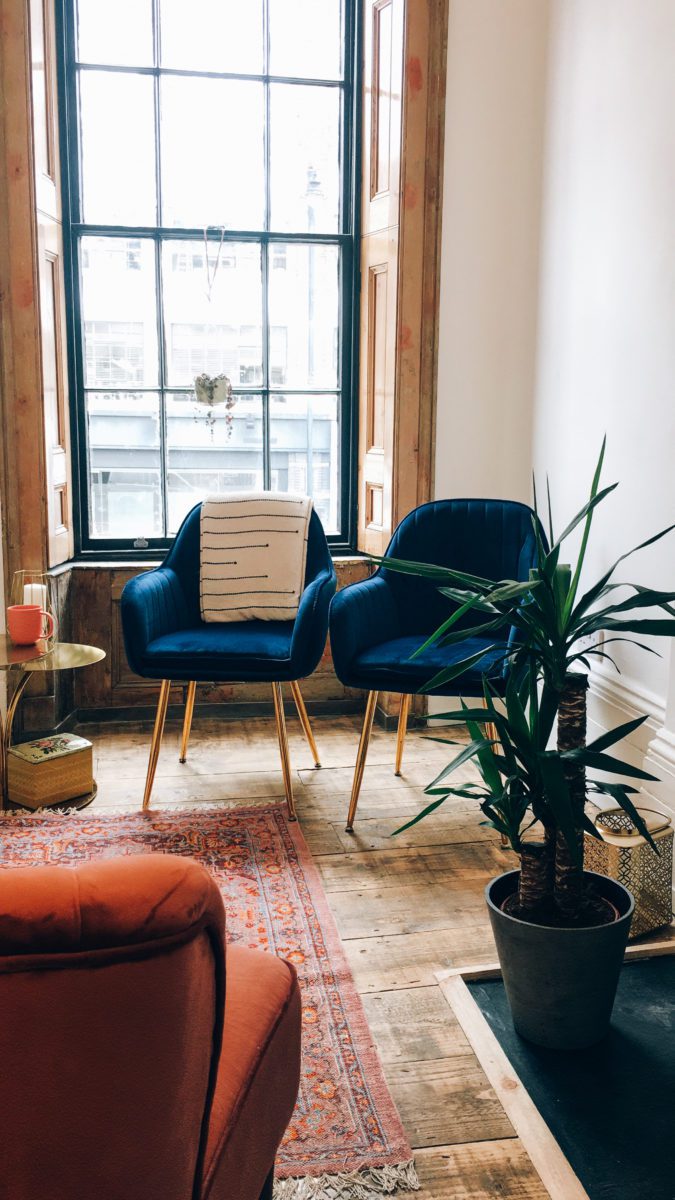Founded and headed up by Jodie Cariss, Self Space is a contemporary alternative to traditional routes into therapy that promises ‘a good conversation with a qualified person, through straightforward access to flexible therapy.’ Their mission is to transform and modernise the culture around mental health by supporting committed individuals and companies to reach their full potential.
Launched in 2018 in response to the growing need for accessible, quality mental health support, Self Space revolutionised the way people think about going to therapy. In an effort to destigmatise how people think of accessing psychological support, and with sixteen years of experience as a therapist under her belt, Jodie opened the first space in London’s vibrant Shoreditch. Jodie was shortly joined by Chance Marshall as Founding Partner and three years later they have grown the start-up out of a small workshop in Shoreditch, with only a few therapists, to four sites across the UK and an online service.
Self Space has amassed over sixty thousand Instagram followers and received accreditation by Dazed Beauty, The Guardian, Cosmopolitan, The Telegraph, The Evening Standard. As if that isn’t enough, there is also a book deal with Penguin in the making with a release date later on in 2022.
With a growing team of 45 registered therapists and a vibrant support team including a Community Manager, Head of Partnerships, Business Manager, through to tech support and finance, the goal is to have a Self Space on every high street.






